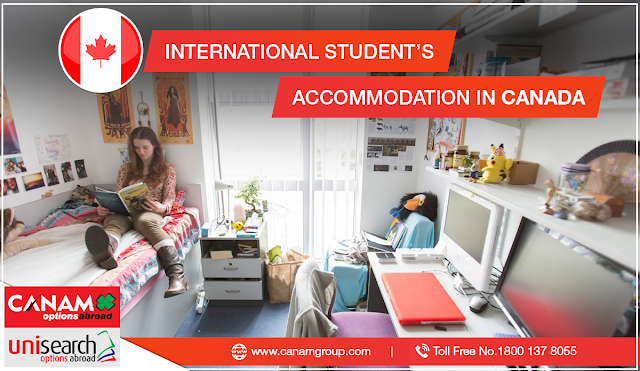Visa interviews witness a lot of rejections. When a student is applying for a student visa to
study abroad, he does not want to get rejected at this crucial step. But the harsh reality is, some students do get rejected. The common reasons that some students get rejected are the lack of proper documents, fail to give proof of sufficient funds, or there was no clarity of goals or the worst, the answers were not clear and direct. Do not get scared! These are small little hurdles that can be overcome easily. Read the following points to the visa interview:
1.Focus and clarity of goals:
The visa officer would want to know, why you are interested in pursuing a particular course from the desired university. The visa officer just wants to know about your focus regarding your decision about studying abroad. You should have clarity of your goals, as to why did you choose a certain course from a particular university or college. While explaining, make sure you clearly outline your future goals, and how your past job experience or undergraduate studies will help you achieve it. Also, make sure you convey your plan of utilizing the period and opportunities in the desired country.
2. Return Ticket:
You might be wondering, why we have mentioned return ticket! Well, this is a very important thing. A student visa is granted for a specific period. The visa officer needs to know when you will be returning to your home country. Also, be careful, you don’t express your desire of staying in a country for too long or to start your profession after completing your studies.
3. Time:
A visa interview is usually conducted within a tight time frame. Each candidate is given less than half-an-hour. Therefore, it is vital to understand the importance of time. To impress the visa officer, you can prepare for your interview with the dedication needed in a real-interview.
4. Listen before you respond:
There is no fixed list of question that the visa officer will be following or a list that you can prepare. The officer just wants to know why you are visiting his country or what the purpose of it is. How it will benefit his country and how it will benefit you as an individual. Therefore, you need to listen to each question carefully with patience before answering it so, that you can come up with an appropriate answer.
5. Language:
Your spoken language plays an important role. Therefore, it is important to strengthen your spoken skills in their official language. For example, if you are applying to
study in the USA, then your interview will be taken in the English language. Make sure, you are fluent in English. Though your PTE, IELTS or TOFEL scores will tell your command over English, great communication skills always impress the Visa officers.
6. Paper-Work Ready:
This step is equally important as other steps. Make sure you have your documents ready with you at the time of an interview. You never know, the officer asks for which document. Imagine the officer asks you to show him your college/ university acceptance letter and you are not carrying it. Firstly, it is your mistake that you are not carrying your acceptance letter for your student visa interview. It would lead to your rejection of your student visa application. Therefore, it is important to keep yourself ready and you can give your interview without any tension.
If you don’t want to go through the hassle of
applying to the Student visa, or are not able to find a suitable overseas study destination, then walk into your nearest branch of Canam Unisearch. Our experts will guide you through the entire process.





Comments
Post a Comment